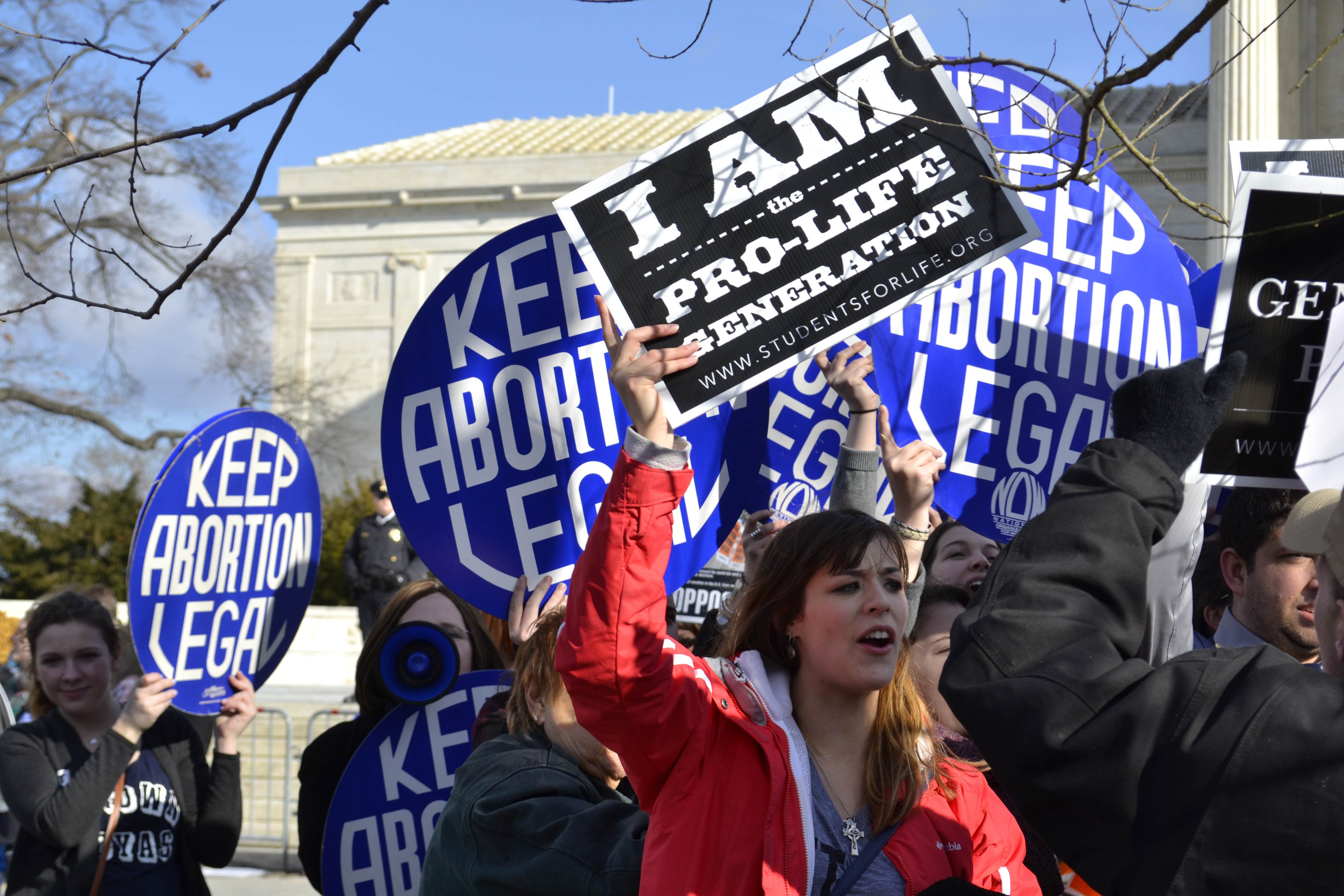“To put it in its bluntest form, it is not safe to be pregnant anymore,” said Sara Rosenbaum, professor of Health Law and Policy, while discussing the legal and health implications of the Supreme Court’s recent decision, Dobbs v. Jackson Women’s Health Organization, which overturned Roe v. Wade and Planned Parenthood v. Casey.
In an August 4 live-streamed panel discussion, “Post-Dobbs is Not a Pre-Roe World,” hosted by GW Law and featuring Rosenbaum, Alan Morrison, Lerner Family Associate, Dean for Public Interest and Public Service Law, and Sonia Suter, The Kahan Family research professor of Law and founding director of the Health Law Initiative, discussed the legal questions the decision has created as well as its impact on the delivery of health care, patient needs, and society as a whole. Panelists lamented the increased risk of dire legal and health care outcomes for pregnant persons and the medical staff who treat them.
“I have spent the last six weeks trying to wrap my head around what this decision means for those of us who think about health law and policy,” commented Rosenbaum. “And I’ve decided that given how much pregnancy care has evolved, how much the health care system has evolved, how much we know now about managing safe pregnancies, about making sure pregnancy is safe, that this decision essentially knocks pregnancy care and the cluster of services leading up to pregnancy right off its medical foundations.”
All three panelists noted that many states have statutes that make obtaining even a medically-necessary abortion to save the health – let alone the life -- of the pregnant person legally risky for medical practitioners.
“The Idaho statue is very strict...It has an exception for the life of the mother, if it is necessary, that’s the word in the statue,” said Morrison. “It’s very unclear as to who makes the determination as to what is, or is not, necessary…I think there’s a very serious question as to whether any exemption for the life of the mother has to be included as a matter of constitutional law.”
Rosenbaum said the vagueness in state laws regarding all medical decisions involving pregnancy has put doctors at risk.
“It is not safe to go into the practice of obstetrics,” said Rosenbaum. “You simply cannot practice obstetrics under these conditions. You probably cannot practice gynecology either.”
Sonia Suter pointed out the effect of the Dobbs decision goes beyond those seeking abortions.
“The Dobbs decision doesn’t just impact people who are pregnant and want to end a pregnancy,” said Suter. “It impacts people who want to be pregnant, who are pregnant, in part because there are going to be questions about whether doctors are able to exercise their clinical judgment because of the fears of civil or criminal liability. Essentially the decision impacts the state of reproduction from conception – even pre-conception—to delivery.”
“So here we sit with safe pregnancies thrown into disarray, and with no maternity or infant care system to fall back on,” concludes Rosenbaum.


